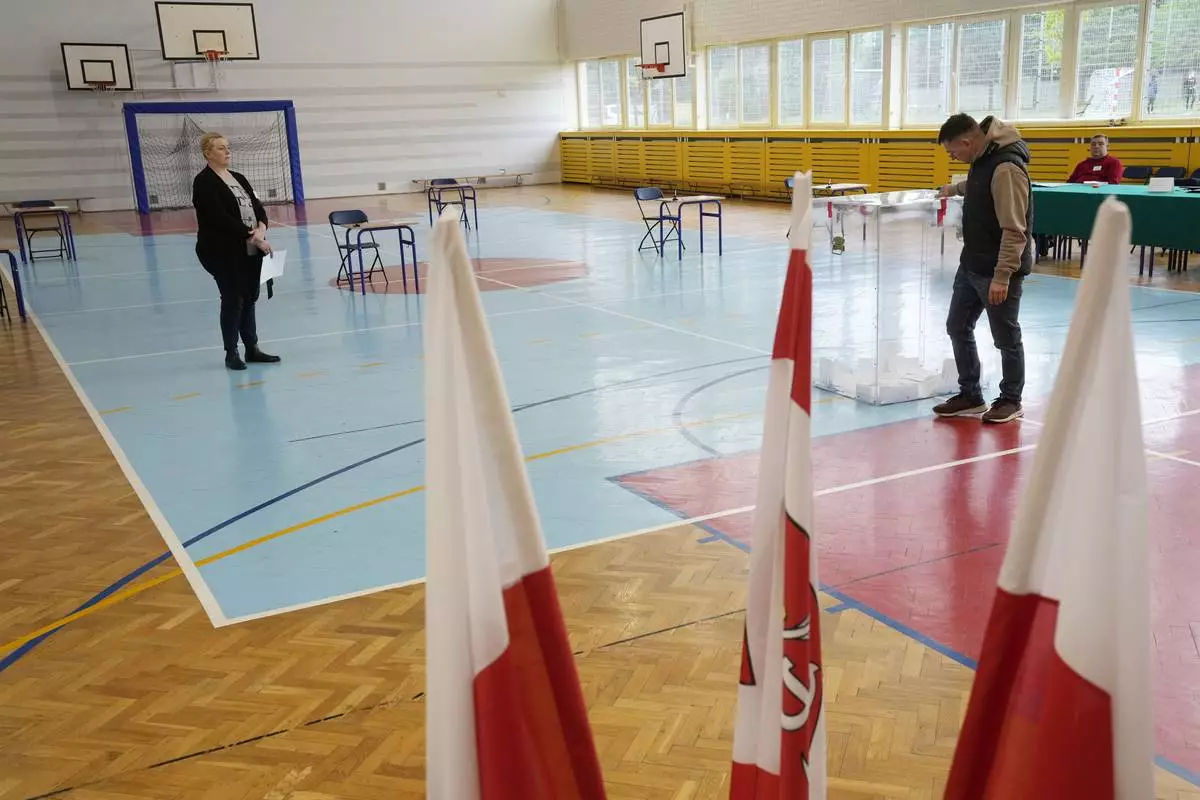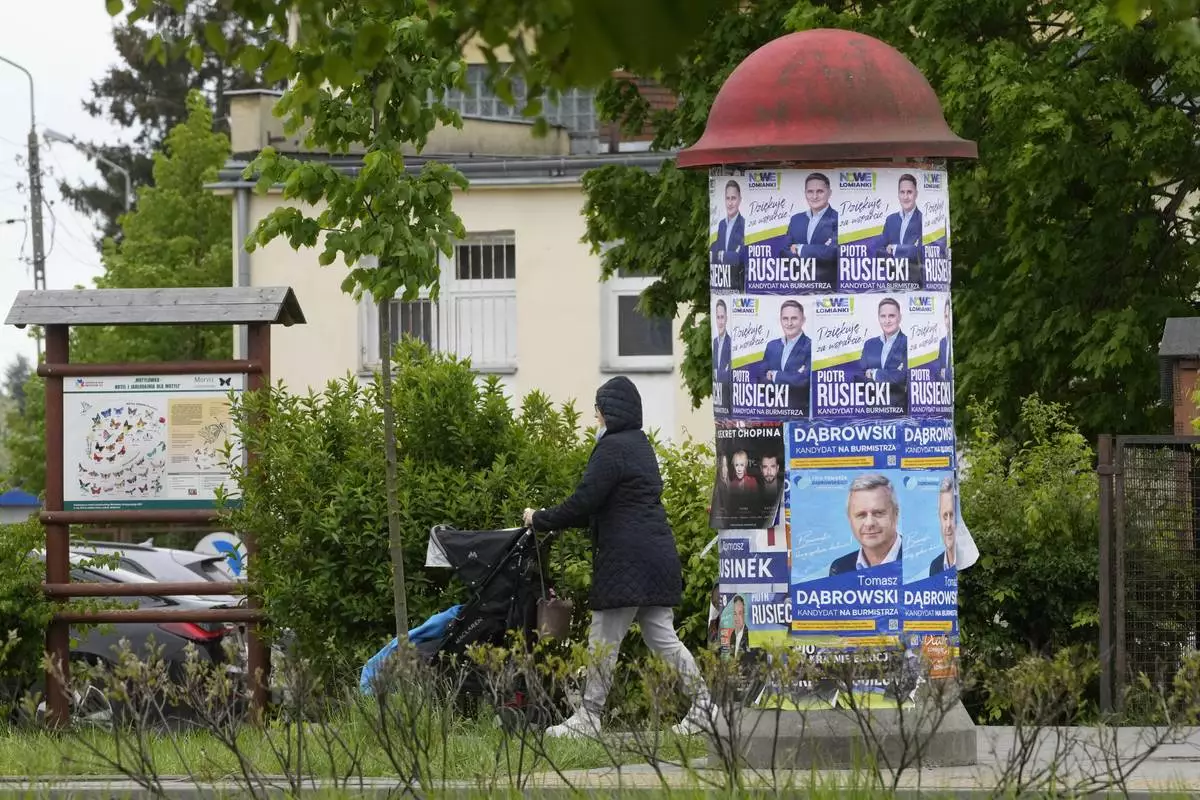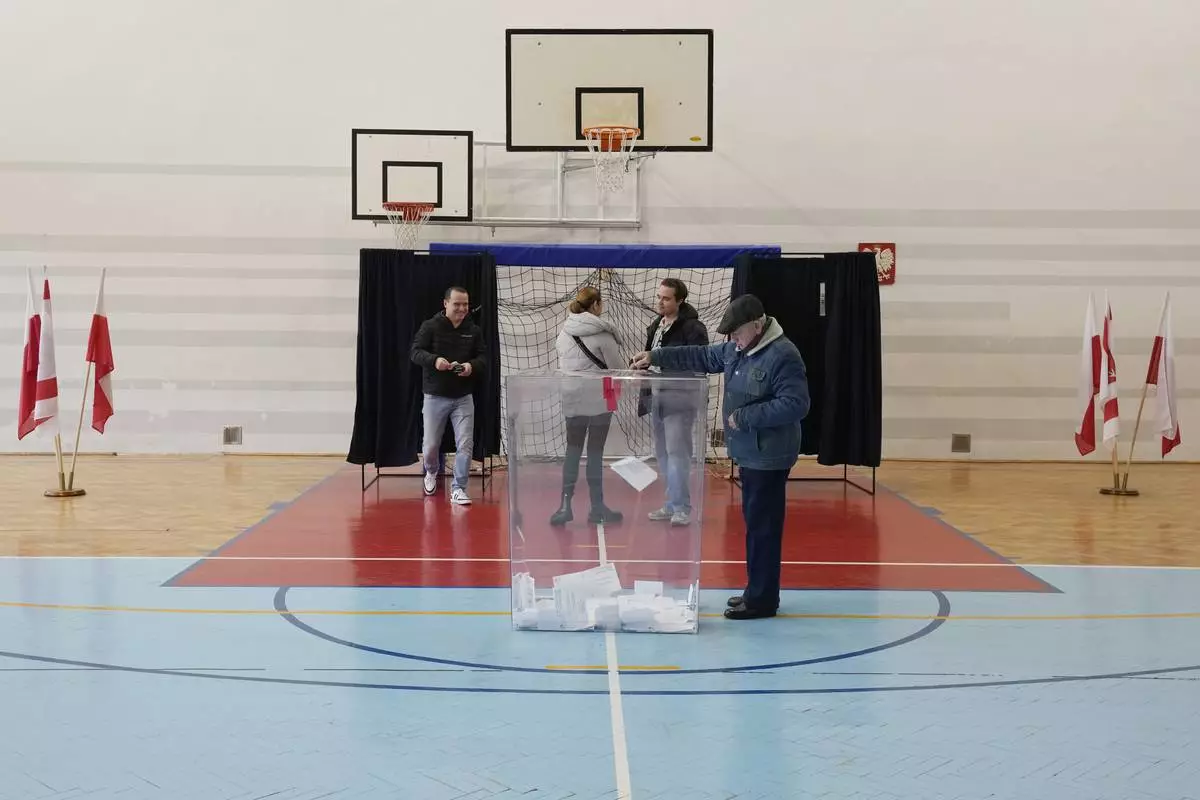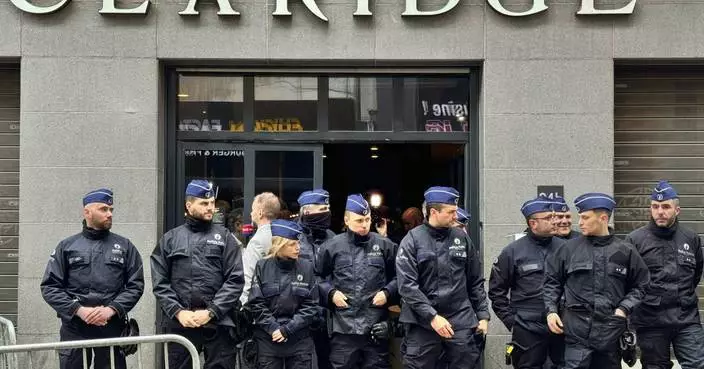German authorities on Tuesday handed over to Israel some 5,000 documents kept by a confidant of Franz Kafka, a trove whose plight could have been plucked from one of the author's surreal stories.
The papers returned include a postcard from Kafka from 1910 and personal documents kept by Max Brod, which experts say provide a window into Europe's literary and cultural scene in the early 20th century.
They are among some 40,000 documents, including manuscripts, correspondence, notebooks and other writings that once belonged to Brod, which are being brought together again in Israel's National Library. They had ended up in bank vaults in Switzerland and Tel Aviv, a Tel Aviv apartment and in a storage facility in Wiesbaden, Germany, where police found them tucked among forged Russian avant-garde artworks.
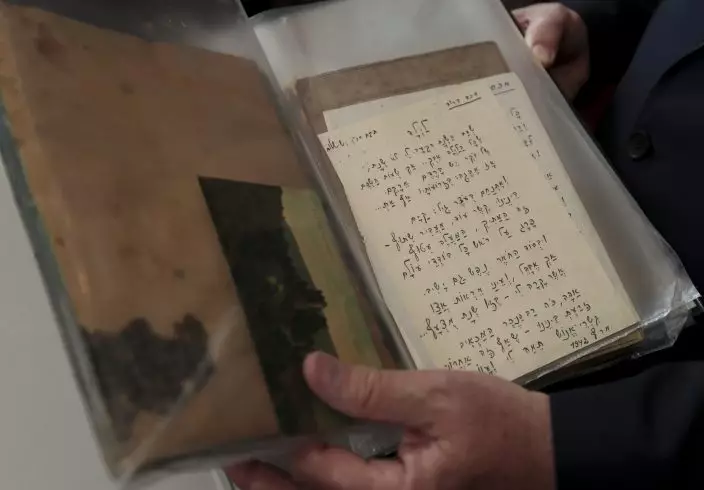
Israel's ambassador in Germany, Jeremy Issacharoff, holds documents prior to a handing over ceremony at the embassy of Israel in Berlin, Germany, Tuesday, May 21, 2019. German authorities are handing over to Israel some 5,000 documents kept by a confidant of Franz Kafka, a trove whose plight could have been plucked from one of the author's surreal stories. (AP PhotoMichael Sohn)
"I think he (Kafka) would really be amused," said National Library archivist and humanities collection curator Stefan Litt, who helped identify the papers recovered in Germany. "He couldn't invent by himself a better plot."
The documents recovered in Wiesbaden have little to do with Kafka himself, but make the Brod collection complete and shine a light on Brod and his circle, which included Kafka and other writers, Litt said.
"This is an important chapter in Max Brod's estate," Litt said. "And it's always good for researchers to have as complete a picture as possible."
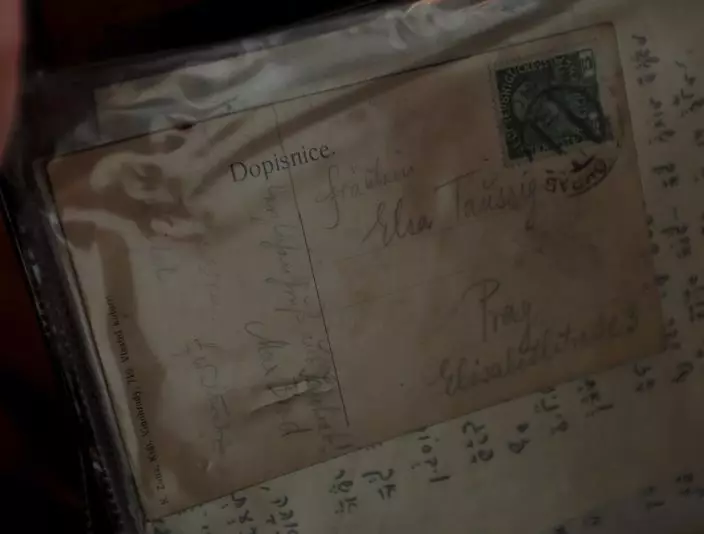
Israel's ambassador in Germany, Jeremy Issacharoff, holds documents prior to a handing over ceremony at the embassy of Israel in Berlin, Germany, Tuesday, May 21, 2019. German authorities are handing over to Israel some 5,000 documents kept by a confidant of Franz Kafka, a trove whose plight could have been plucked from one of the author's surreal stories. (AP PhotoMichael Sohn)
Kafka, a Bohemian Jew from Prague who lived for a while in Berlin, was close friends with Brod, himself an accomplished writer. Shortly before his untimely death at 40 of tuberculosis in 1924, Kafka bequeathed his writings to Brod, reportedly telling him to burn them all unread.
Instead, Brod published much of the collection, including the novels "The Trial," The Castle," and "Amerika," helping to posthumously establish Kafka as one of the great authors of the 20th century. He also brought "Kafkaesque" into the English language to describe a situation evoking a bizarre, illogical or nightmarish situation like the ones Kafka wrote about.
After the Nazis occupied the Sudetenland region of Czechoslovakia in 1938, Brod fled to escape persecution with the entire collection to what was then British-ruled Palestine. When Brod died, he left his personal secretary Esther Hoffe in charge of his literary estate and instructed her to transfer the Kafka papers to an academic institution.
Instead, she kept the documents for the next four decades and sold some, like the original manuscript of Kafka's "The Trial," which fetched $1.8 million at auction in 1988. She kept some of the items in a bank vault in Tel Aviv, some in Switzerland, and others at her apartment in Tel Aviv.
When she died in 2008, the collection went to her two daughters, who fought to keep it but eventually lost a battle in Israel's Supreme Court in 2016. The court sided with the country's National Library, whose lawyers had argued the Kafka papers were "cultural assets" that belonged to the Jewish people.
Both daughters have now died, and the documents stored in Israel have already been transferred to the National Library's care. The documents held in Switzerland should be on their way soon after the National Library won a court case in Zurich last month, which upheld the Israeli verdict and ordered that several safe deposit boxes be opened and their contents shipped to the institution in Jerusalem.
But that left the documents in Germany, which had been stolen from Hoffe's apartment about a decade ago.
They ended up with an Israeli dealer, who tried in 2013 to sell them to the German Literature Archive in Marbach — the same institution that bought "The Trial" manuscript at auction in 1988. The German archive instead reported the offer to Israel's National Library, which then got authorities involved, Litt said.
The documents resurfaced at the Wiesbaden storage facility of an international forgery ring that produced and sold millions of euros (dollars) worth of forged paintings, which was taken down by German authorities that same year, Litt said. Since then, they have been stored by German authorities as Litt and others sought to confirm their provenance.
Those being returned include correspondence between Brod and his wife, and even some of his notebooks from high school, Litt said.
"There's no doubt these materials were part of his papers," he said.
The manuscript of "The Trial," however, was properly purchased by the German Literature Archive in the 1988 Sotheby's auction, and the National Library has no claim on it, he said.
"We're happy it's in safe hands," Litt said.



